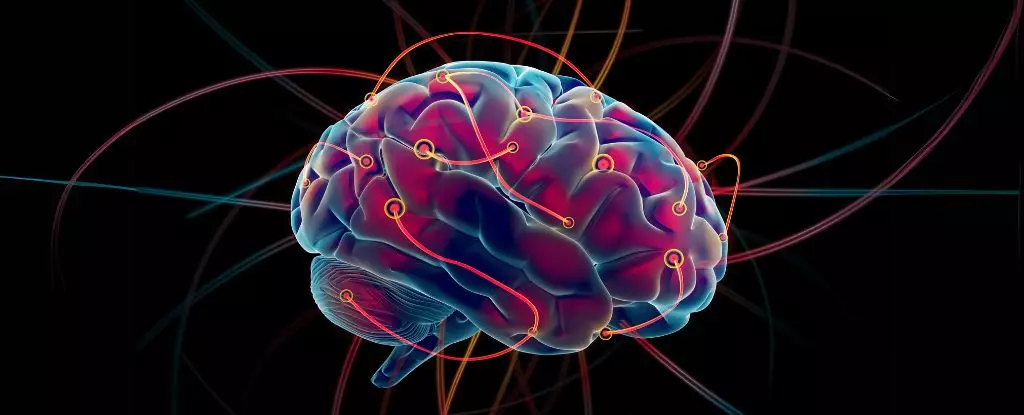As the population ages, the need for understanding the nuances of cognitive health becomes increasingly paramount. A recent study sheds light on how psychological characteristics influence cognitive decline. Conducted by a team at the University of Barcelona, led by psychologist David Bartrés-Faz, this research underscores the interconnectivity of psychological traits and cognitive well-being. By categorizing individuals into distinct psychological profiles, the study provides valuable insights that could inform more personalized preventive strategies against cognitive decline.
Bartrés-Faz emphasizes a critical point about psychological profiles: they do not operate in isolation. Historically, research has dissected psychological risk and protective factors one at a time, creating a fragmented understanding of cognitive health. The study encompassed over 1,000 middle-aged to older adults, drawing on their psychological attributes to devise three distinct profiles. The profiles range from those with low protective qualities and a high risk of cognitive issues to those showing a stronger resilience against such decline.
The three profiles elucidated in the study provide a framework for understanding how various psychological traits interact to affect cognitive outcomes. Profile 1 scores poorly on protective factors, exhibiting low levels of self-reflection, extraversion, and even a sense of life purpose. In contrast, Profile 3, with its high protective factors, showcases a more robust connection to cognitive health. Those in Profile 1 not only performed worse on cognitive tests but also demonstrated a higher degree of brain atrophy during follow-up evaluations.
One of the standout findings of this study is the relationship between purpose in life and cognitive resilience. Research has repeatedly shown that individuals with a heightened sense of purpose fare better concerning cognitive function, even in the presence of pathological brain changes. This correlation sheds light on possible interventions that can enhance cognitive health, emphasizing the importance of nurturing psychological well-being throughout an individual’s life.
Profile 2, characterized by high levels of anxiety and depression, paints a complex picture. Surprisingly, participants in this category showed mixed results in cognitive assessments, suggesting that the impacts of mental health conditions on cognitive function may be multifaceted. When anxiety and depression were accounted for, cognitive measures among this group resembled those with more balanced psychological attributes. This nuanced result hints at the possibility that the presence of mental distress may overshadow inherent cognitive abilities, necessitating a deeper exploration of these interactions.
While analyzing psychological profiles provides a wealth of information, it is essential to recognize the role of external stressors. Factors such as poverty and traumatic experiences have consistently been linked to cognitive decline, not only exacerbating inherent psychological vulnerabilities but also fundamentally altering the cognitive landscape of individuals. This intersection of external stressors with psychological characteristics reinforces the call for a holistic approach to cognitive health—one that incorporates both protective and risky traits.
Genetic predispositions may also contribute to this cognitive picture, with some individuals showing resilience due to inherited traits while others are at an increased risk. As the researchers indicated, understanding these dynamics requires further investigation and validation through more extensive studies.
The study’s findings suggest tailored therapeutic approaches to better support individuals across different psychological profiles. For Profile 1, interventions such as acceptance and commitment therapy could help cultivate a stronger sense of purpose. Meanwhile, individuals in Profile 2 may benefit more from therapies focused on reducing distress and managing anxiety. Ensuring that effective therapeutic options are accessible could play a pivotal role in mitigating the rising social and economic impacts associated with dementia.
This research not only illuminates the relationship between psychological traits and cognitive health but also calls for a paradigm shift in the understanding and treatment of cognitive decline. By recognizing the interplay of various psychological factors, mental health professionals can develop targeted strategies to enhance cognitive resilience among aging populations.



Leave a Reply